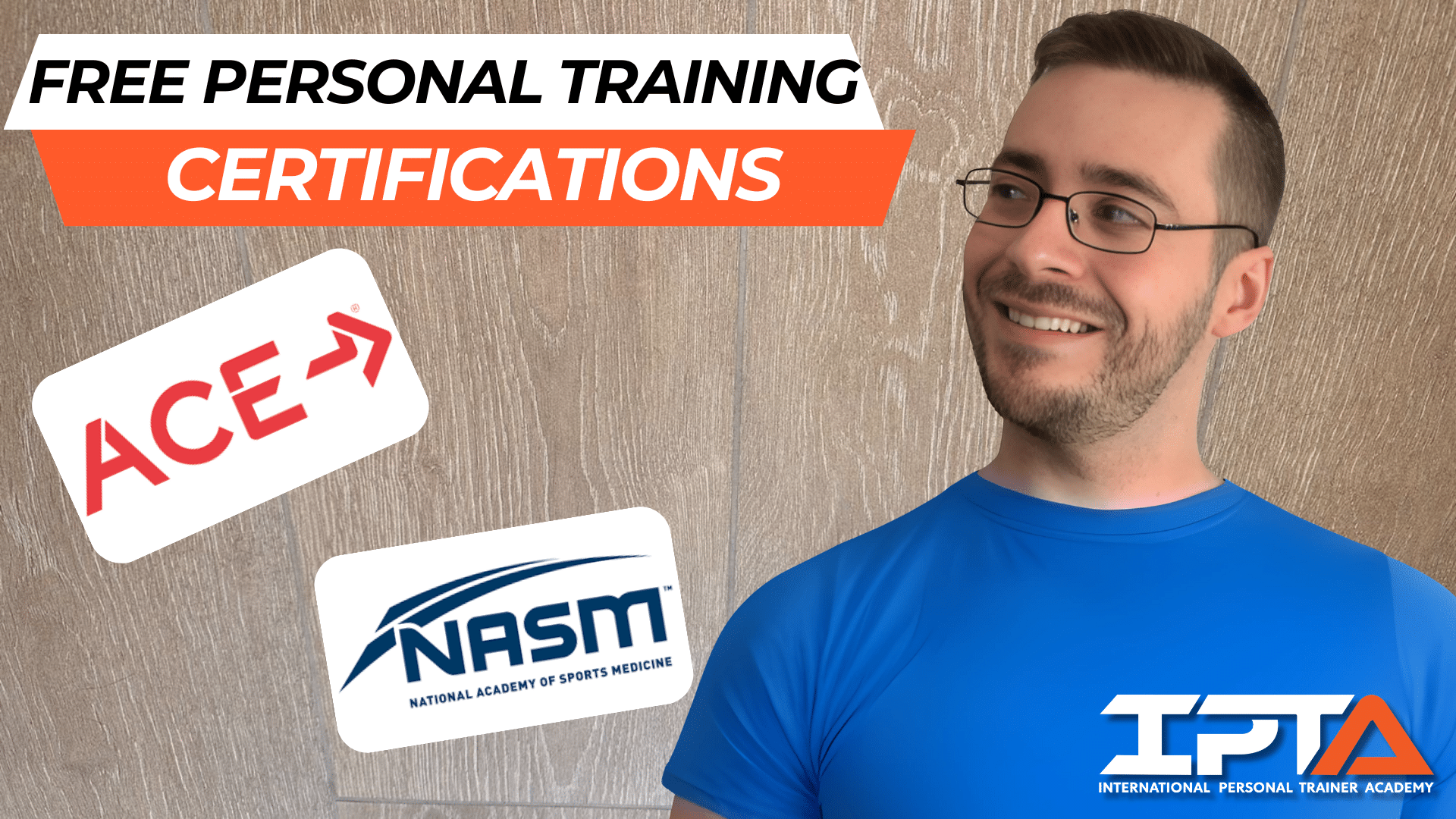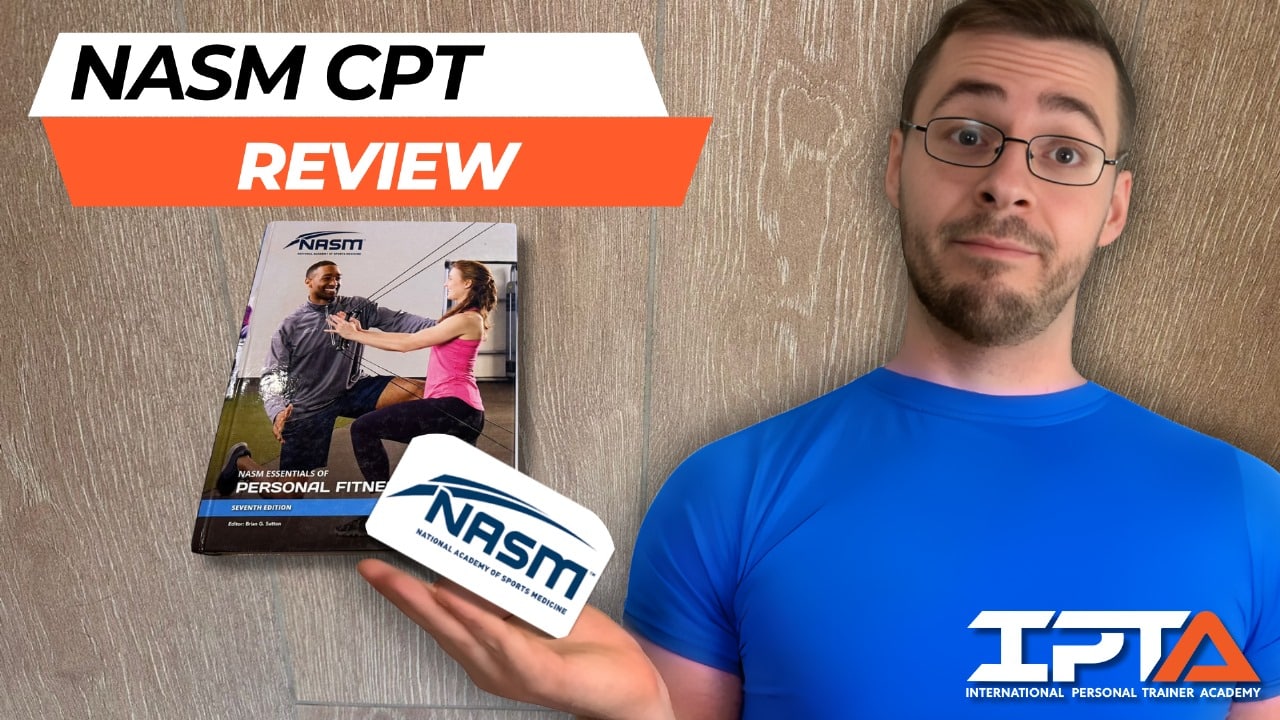
While you can technically be a personal trainer without certification, and you do not need certification to be a personal trainer, it’s recommended that you get a personal trainer certification if you want to succeed as a personal trainer.
Your specific circumstances determine how important it is for you to get certified and which certification you should get.
In this article, we explore the different considerations as to whether or not you can be a personal trainer without a certification.
By the time you finish reading, you’ll know exactly why it’s important to become certified as a personal trainer, even if it isn’t technically a legal requirement.
Do You Need a Certification to Be a Personal Trainer?
You don’t technically need a certification to be a personal trainer, but it is highly recommended that you pursue an NCCA-accredited personal training certification if you want a successful career as a trainer.
As a general rule, you should consider one of the best personal trainer certifications to ensure your fitness career gets off to the right start.
While many certification courses do not teach you everything you need to know, they will at least give you a crash course and prepare you better than the alternatives of trying to be a personal trainer without a certification.
If you want to become a personal trainer, you should definitely get certified.
Several professions require that you attain certain credentials in order to legally practice your job. Without the appropriate degree, license, or certification, you cannot work.
However, personal training presents a kind of gray area. Most gyms will require you to be certified to work in them, but it’s not illegal, currently, to call yourself a personal trainer if you are not certified, at least in the United States.
While you can technically personally train clients without a certification qualification, we don’t feel it’s a good idea for multiple reasons.
Exercise carries inherent risks. These risks include heavy weights, inappropriate movements, or exercises which can cause injury or even death if you do not properly implement them.
For example, if you tell a client to complete a heavy one rep max on a back squat, but they do not have the balance to do a full bodyweight squat, they have the potential to injure their knees or spine from the weight.
Clients put their health in your hands, so you had better know what you’re doing when you choose a movement or monitor your client’s form.
In the long run, becoming a master trainer is the ultimate route to career and client success in the fitness industry.
Is it illegal to be a personal trainer without certification?
It’s not illegal in the United States to be a personal trainer without certification.
However, it’s highly recommended that you become certified for a variety of reasons. The specific certification you choose will depend on your career goals in the fitness industry.
What happens if you train clients without a personal trainer certification?
If you train clients without a certificate, you are not breaking any laws in the United States. No state currently requires certification from a legal standpoint.
However, if you are unqualified to train a client and you do something that contributes to their injury, you will be liable to pay damages.
Most personal training certifications teach you the basics of exercise science and how to safely take a client through workouts.
Some certifications like the ISSA personal trainer certification and NASM CPT certification teach how to set up your training business as well.
In fact, NASM and ISSA are the top recommended certifications we point our students to. The NCSF personal training certification comes in at a tight third, followed by the ACE CPT, NSCA CPT, and finally, ACSM CPT.
Many people think they know how to work out, but it’s one thing to come up with one type of exercise routine and get yourself in shape.
It’s something completely different to do the same thing with someone else or to use your skills to teach someone who doesn’t know how to exercise properly and create a program that suits their needs.
Whether it involves teaching a client how to use the equipment for the first time or correcting someone’s form who is training their muscles improperly, you need to know the right way to do an exercise.
Knowing how to determine the appropriateness of an exercise, or if exercise is even safe for a client, is also something you need to know.
Clients must avoid certain exercises to avoid injuries based on mobility restrictions or overall level of experience.
You can start studying for your personal training exam before you even sign up for the certification.
At Trainer Academy, we are committed to advancing the overall field of personal training.
Check out our free NASM Study Guide and NASM Practice Test if you want to get a feel for what the material is like.
You can also look at the ACE Study Guide and ACE Practice Test as well for additional insight.
As the personal trainer, you stand out as an authority on all topics of fitness.
If you learn incorrect information, you have the potential to spread misinformation and possibly even hurt someone.
There is so much information out there on the internet and it’s extremely easy to get swayed by online videos, unvetted fitness articles, or some fancy program and believe some nonsense that has not been peer-reviewed.
On a similar note, it’s advisable to get a nutrition certification in conjunction with your personal trainer certification. This sets you apart from
Many of the same NCCA accredited certification organizations offer a nutrition coaching certification as well.
For example, the ISSA nutrition certification is a solid option that combines well with the ISSA CPT.
You can even get a great discount when you purchase these certifications together through the ISSA Elite Trainer deal, which also includes a third fitness specialization at no additional cost.
You can also check out the NASM nutrition coach certification if you end up going with NASM. They offer a similar NASM CPT & Nutrition combo when you bundle the CPT and nutrition certifications.
It is also worth comparing the ISSA nutritionist vs the NASM CNC to determine which one best suits your needs.
Another common nutrition certification is the Precision Nutrition Level 1, which can be incredibly effective for online nutrition coaching.
The personal trainer should counter misinformation that the average person might believe and if you don’t know the science, you offer no way of doing that.
In addition, taking clients on the path to achieve their fitness goals requires skill, patience, and training experience.
If you want to get results with your clients and keep them healthy throughout your instruction, completion of a respected certification is the minimum you will need. This is true whether you want to become an online personal trainer or train clients at a gym.
What are the advantages of getting your personal trainer certification?
One of the first steps you take in your professional career should be getting certified.
Getting your CPT fitness certification presents several tremendous benefits. One, you learn the fundamentals you need to be a fitness trainer.
These core concepts include basic anatomy, how to properly screen a client, motivational interviewing, flexibility exercises, weight training techniques, and periodization content, alongside the proper scope of practice in personal training and nutrition concepts.
Even the cheapest personal training certifications typically cover this information, so it’s definitely not worth skipping getting your certification for price reasons.
Instructors also get a clear idea of the legal aspects of personal training.
As a trainer, the fact is, you must know how to not only coach clients, but sales skills, so you have clients to coach. This area is key for earning a high personal trainer salary.
Besides the knowledge you acquire from a PT certification, you establish the credibility that comes from having a credential next to your name.
Any NCCA-approved training certification must pass accreditation. NCCA certifications are held to certain standards of quality. If you can pass the test, it means something.
Holding a fitness certification shows clients and gyms that you have the dedication it takes to study for and pass an exam, to know your stuff.
There, you get access to all the resources of a certification organization, from online forums to videos, tips, and tricks along with study materials to help you ace the exam.
Personal training certification programs also require you to continue to stay educated throughout your career as you must do continuing education units, which will keep you up-to-date on the exercise research out there in the field.
You can dive deeper into the requirements and what to expect on your CPT exams by checking out the ISSA CPT Exam Info and NASM CPT Exam Info.
It’s definitely worth getting the lowdown on each of these when planning which certification you choose. You can also learn about the ACE Exam Info as well.
It’s always good to keep a growth mindset and think of yourself as a student of knowledge throughout your life, in part so you can increase your skill as a trainer.
All certifications require candidates to be CPR/AED certified to be a trainer, meaning they will know how to respond in emergency situations. Students must also be over 18 and have a high school diploma.
Once you have your CPT, you then have the potential to reach new clients and increase your income with additional specializations or as well.
Often, trainers who know more about strength and conditioning coaching, group exercise, getting a yoga certification, or getting expertise in nutrition topics gain an advantage over those with just a CPT.
Trainers who can also teach classes or coach athletes for performance often reach a wider audience of clientele. The same logic applies to health coach certifications as well.
However, this means nothing if you don’t already hold a personal training certification first.
What are the risks of not being a certified personal trainer
When you train someone, they are putting their health into your hands. Improper exercise carries dangers and risks and if you don’t know what you’re doing, this can lead to injuries or even death.
If you are not certified as a personal trainer, you risk not only hurting your client but getting sued for your negligence as well.
Even if you are confident in your abilities, you also risk not getting hired by a client or a gym who will want you to be certified. Employers typically prefer to hire certified personal trainers.
Having your CPT is just one of the qualifications you’ll need to be hired.
There are plenty of personal training certification options. If you make the choice to avoid certification, often questions may arise about why you would choose not to get a CPT, not a good thing for your reputation.
While your employment initially may not require certification, eventually you’ll want to get certified anyway so why not get it over with at the beginning of your development?
Can you still get liability insurance if you’re not certified
Many personal training insurance companies will not insure you if you are not certified, and those that do will charge you exorbitant fees.
Others will flat-out avoid the question of if you’re certified before insuring you, but we don’t feel that these will be the safest insurance choices.
So, it is possible to find insurance without a certificate, just a lot harder and riskier with less variety of insurance opportunities.
Again, in the long term, it’s not only safer for individuals to be certified but more fiscally smart.
There are a range of insurance options for PTs, so make sure to do some research on the details of the policy you pick and the organization to make sure it is reputable and provides quality coverage for fitness professionals.
The final word
In the long term, fitness trainers really need to be certified to really make it in the fitness industry for a few reasons.
While you can technically train people without a personal trainer certification, you risk a lot by not knowing what you’re doing, and if you do not carry insurance and hurt someone, you are in a world of trouble.
The fitness space is growing but very competitive, and without certification, your chance of succeeding drops, so why not place yourself in a better position?
The answer to this is simple: get certified.
There are really no disadvantages to being certified, just do it. The requirements are not stringent, and it only takes a few months for learners to study for and pass a test. Anyone can become a certified personal trainer provided they put the work in.
You need a solid foundation in the basics of how the human body works, how to train clients and manage emergency situations.
While personal training courses may not completely prepare you to be the best instructor, these certifications are a good start, so take action.
The rest you can learn on the job through experience, whether you coach beginners or advanced clients.
Everyone starts out somewhere in their fitness career. Just make s
References
- Malindawati Mohd Fadzil, Puteh W, Azimatun Noor Aizuddin, Ahmed Z, Nor Asiah Muhamad, Abdul Aziz Harith. Cost volume profit analysis for full paying patient services in Malaysia: A study protocol. PLOS ONE. 2023;18(11):e0294623. doi: https://doi.org/10.1371/journal.pone.0294623
- McClaran SR. The effectiveness of personal training on changing attitudes towards physical activity. Journal of sports science & medicine. 2003;2(1):10-14. https://www.ncbi.nlm.nih.gov/pmc/articles/PMC3937569/
- Gupta R, Vaqar S. National Guidelines For Physical Activity. PubMed. Published 2022. https://www.ncbi.nlm.nih.gov/books/NBK585062/














